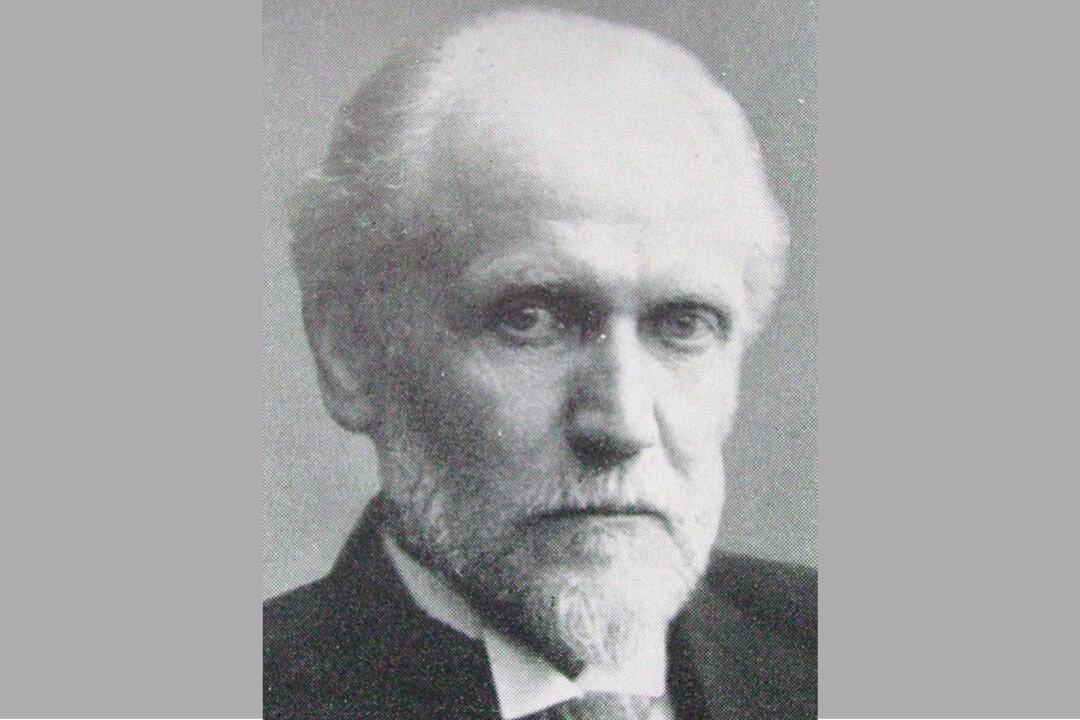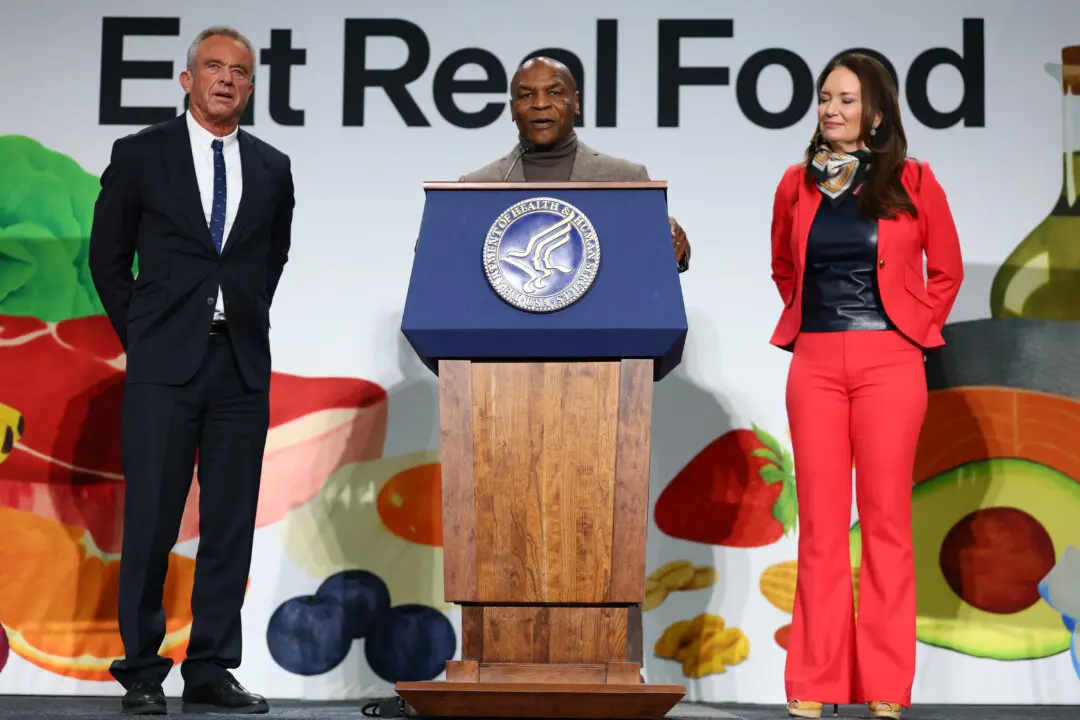Commentary
The year was 1937, in the midst of a global depression that was not solved by the methods tried by powerful states. It was also two years before Europe became enveloped in war. The intellectual consensus was that freedom and democracy were not on the table. They had been discredited and a new class of intellectuals wedded to the idea of state planning had arisen. They had no shortage of opinions, nearly all of them dangerous and wrong.





